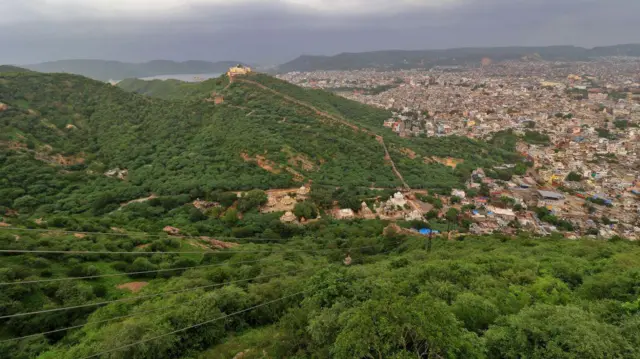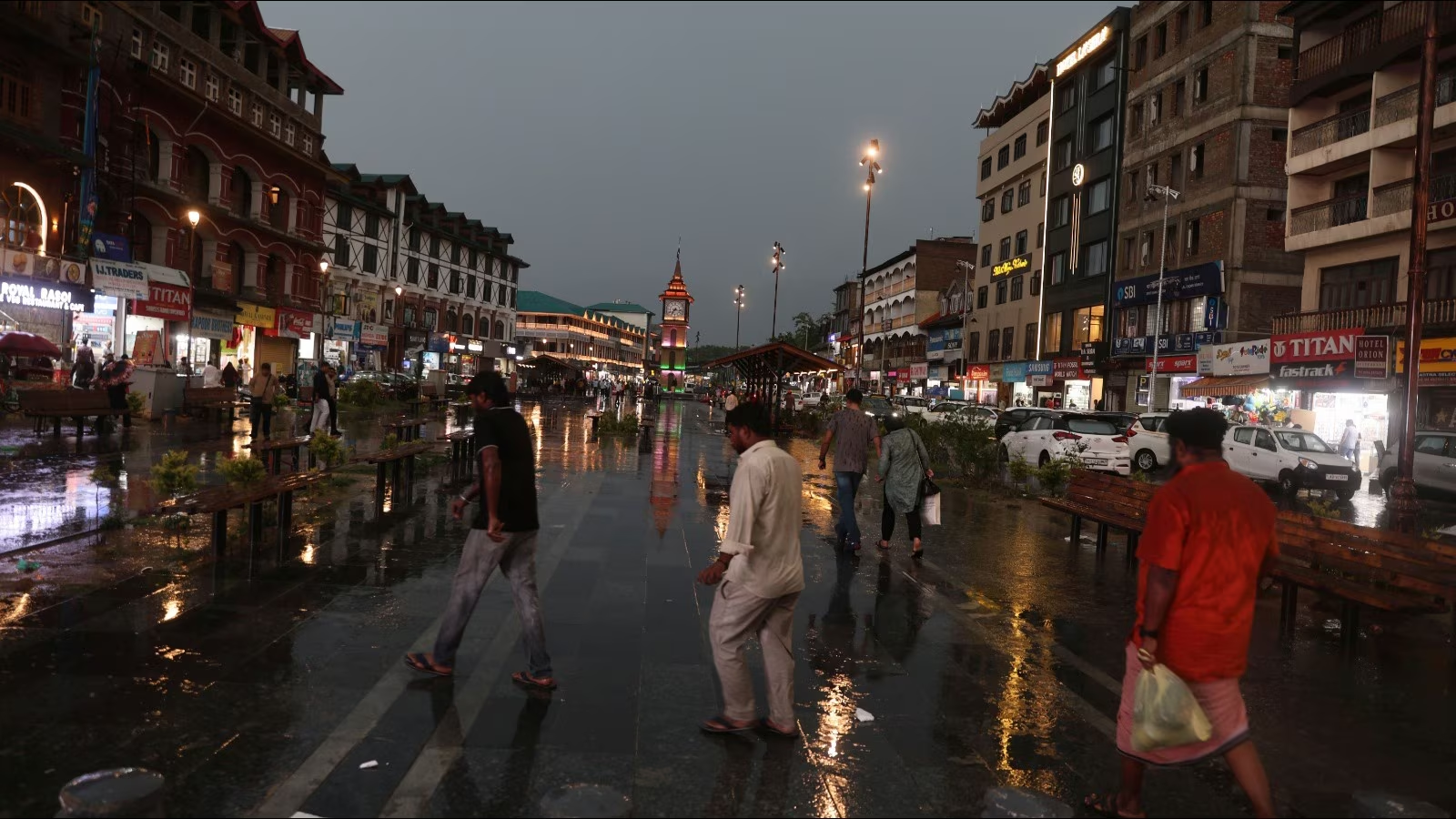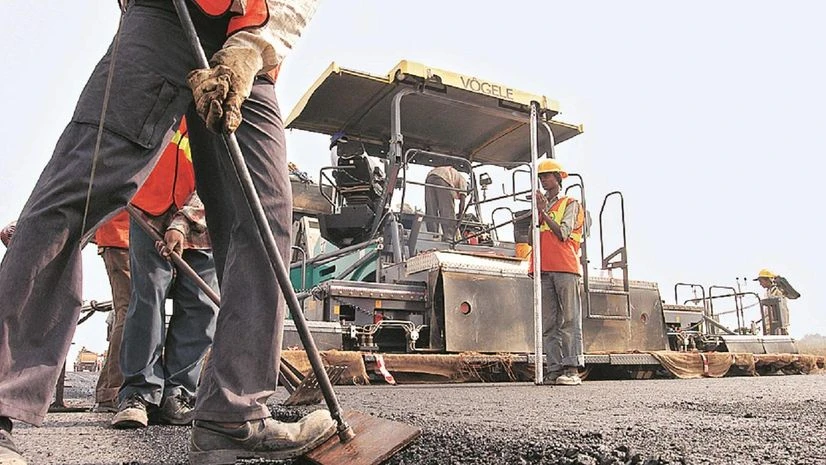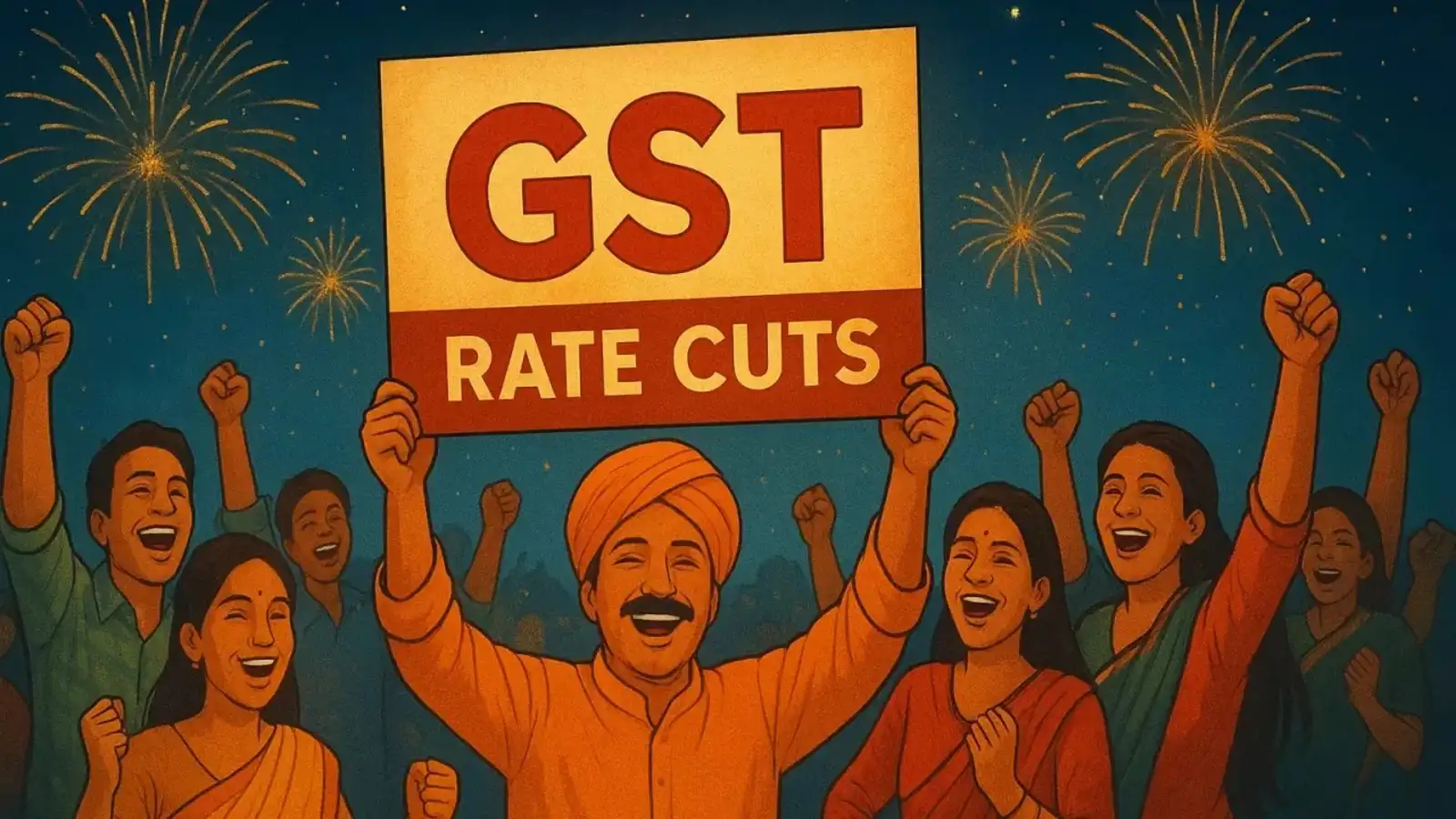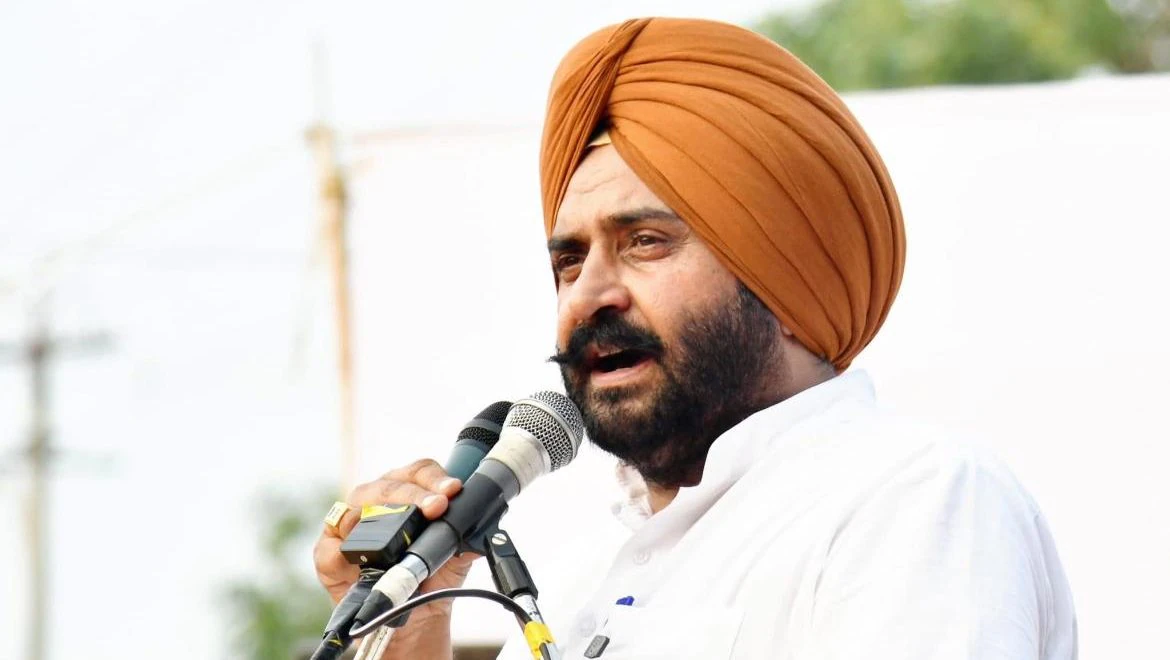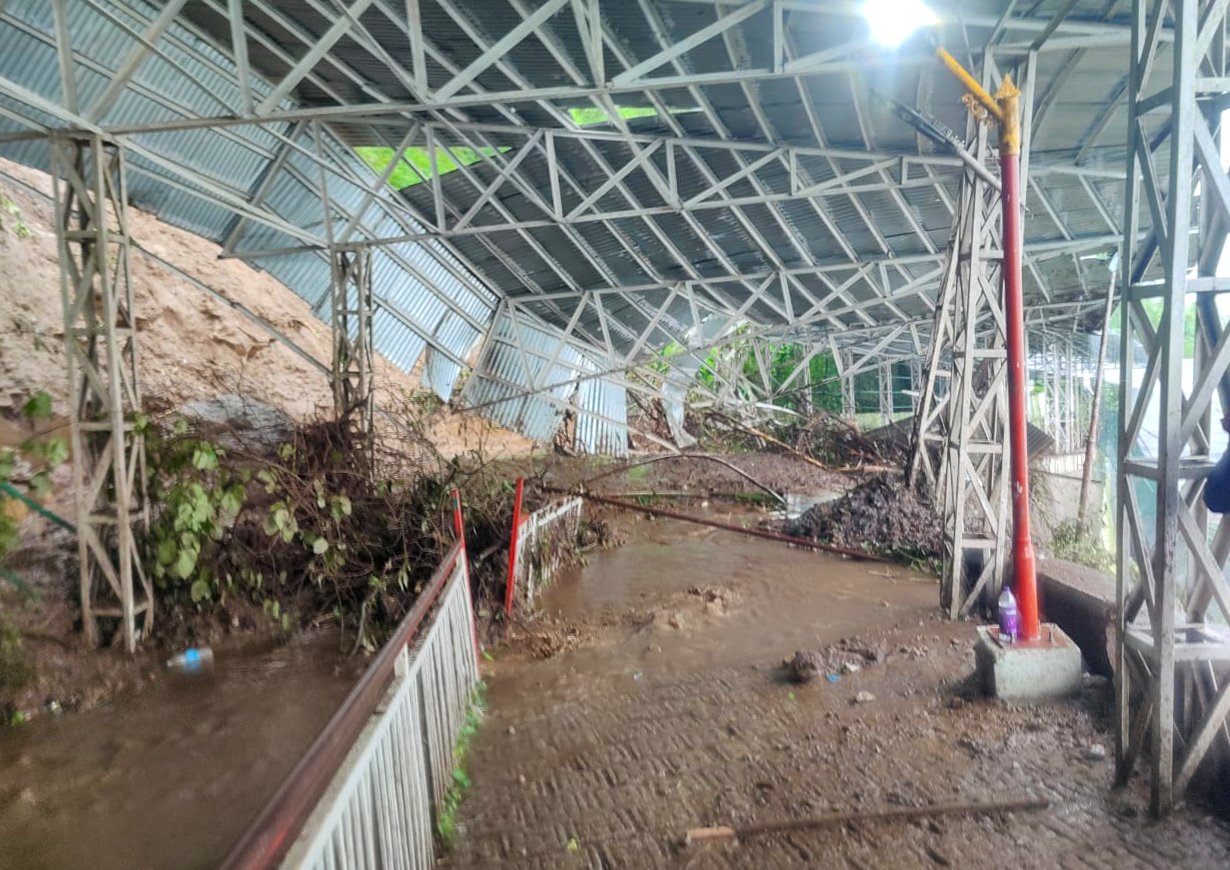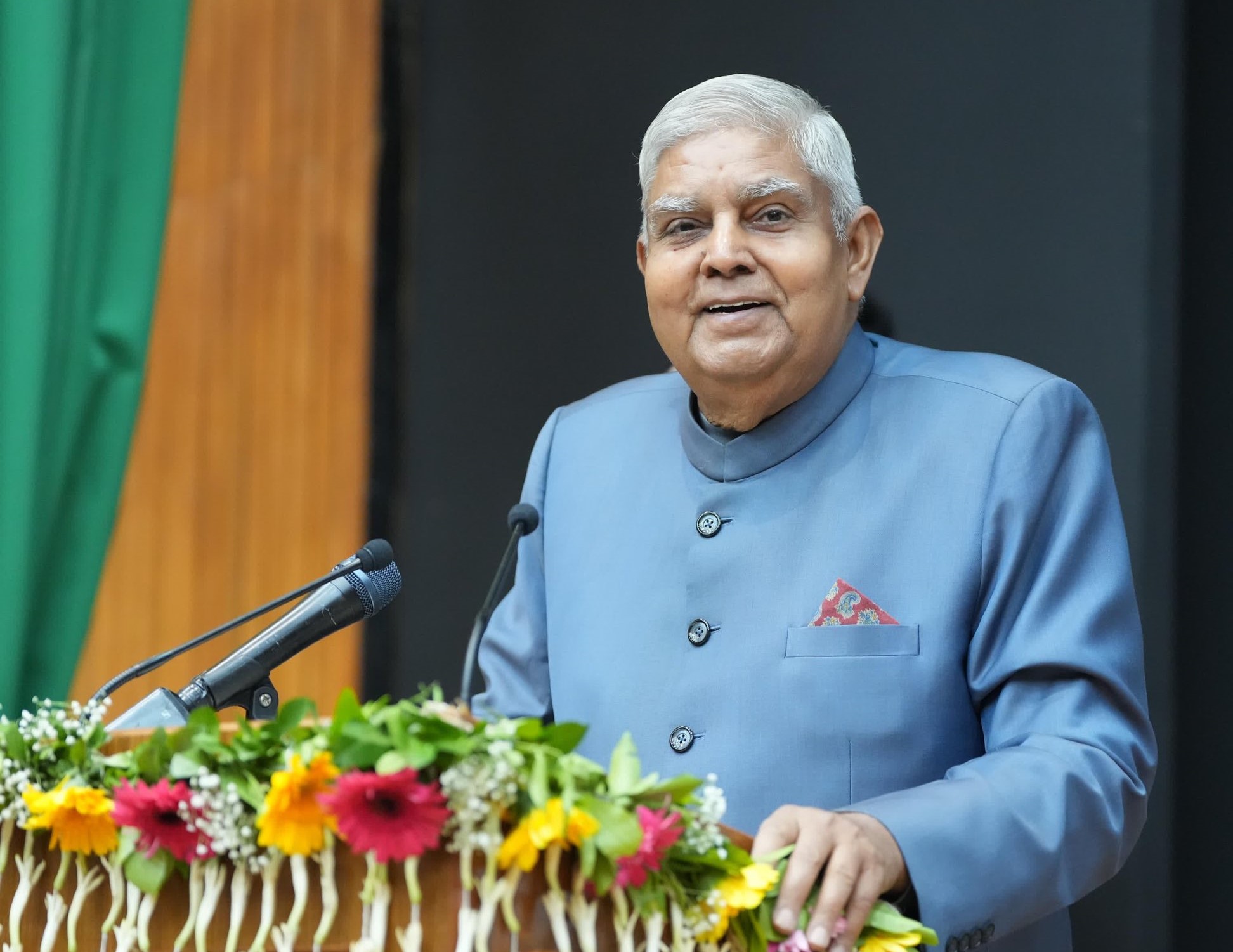Government News
"Trade, Tourism, And Currency Are Weapons Of Globalization," says S. Jaishankar
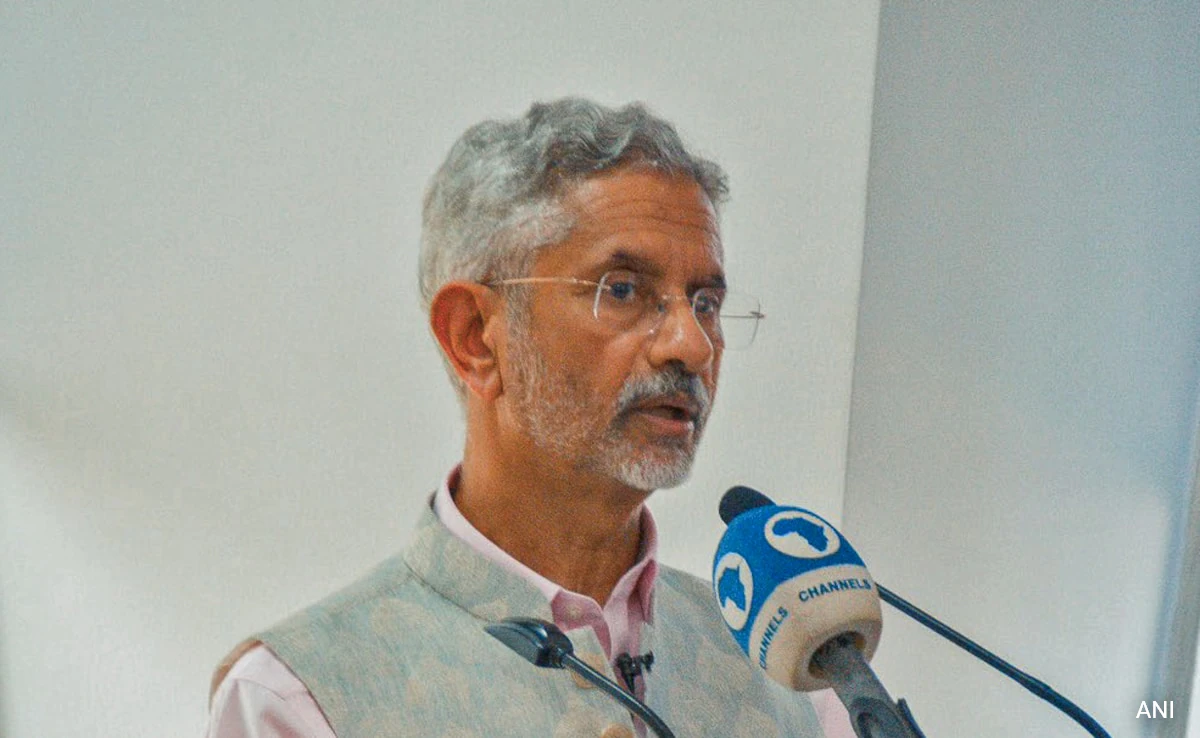

By - 23 Jan 2024 03:33 PM
Abuja: On Monday, External Affairs Minister S Jaishankar declared that currency, trade, and tourism have become "weapons" in the weaponization of globalization.
Although he acknowledged the benefits of globalization, he emphasized its drawbacks as well, pointing out how much of the world depends on the concentration of economic power in a small number of areas.Speaking at the Nigerian Institute of International Affairs in Lagos, Mr. Jaishankar observed that the global system put in place in 1945 still exists, and those in positions of power are hesitant to give others more opportunities."When I talked about globalization and concentration, a different challenge that came up was how globalization itself has been weaponized. Today, money is a weapon, trade is a weapon, tourism is a weapon, and dominant players—whether they are producers or consumers—often use their market shares on the global system without hesitation in order to further their specific national goals. Of course, the foundation of all of this is that this is an Institute dealing with international relations." Mr. Jaishankar
A world order that was established in 1945, when the number of United Nations members was approximately 25% of what it is today, presents a challenge in affairs that we are all too familiar with. This world order stubbornly persists because those in power do not want to open up more seats for others to be at the engine."He pointed out that returning the world to its natural diversity is at the center of today's global agenda in many ways. In addition to highlighting the difficulties the globe faces in the process, Mr. Jaishankar referred to the restoration of natural diversity as a "collective objective".
"Restoring the world to its natural diversity is actually a collective objective in today's post-Colonial world," Mr. Jaishankar stated in his remarks. "The world was diverse and was distorted by the period of Western domination. This is why restoring that natural diversity is a central goal of the global agenda in many ways. The first obstacle to that process is that, even though many of us gained independence, we have all established our own countries and societies."
Restoring the world to its natural diversity is at the center of the current global agenda, the minister noted, underscoring its challenges. Although he acknowledged the challenges in achieving it, he referred to this as a "collective objective".
The fact remains that the old power structure has not disappeared; while it may not be the imperialism of the 19th and early 20th centuries, many of the people who have ruled the world for the past 200 to 300 years still do so in various ways today. The question is how we challenge this, how we get past it, and ensure that the world is a more equitable place."Although globalization has yielded numerous benefits. Unquestionably, it has also resulted in such extreme economic concentrations that the production of a small number of regions now drives much of the world's economy. Now, it worked when we thought that everything arrived precisely on schedule to satisfy the demands of the moment, and that the entire world could function in the same way as Japanese automobiles are manufactured in Nagoya. We were wrong but we didn't know it and then COVID came and COVID brought home to every one of us that the most basic things of our life," he added.
Before the COVID-19 pandemic, he claimed, the world was dependent on producers and suppliers from far away. He emphasized the difficulties individuals faced in obtaining gloves, masks, and basic medications amid the COVID-19 pandemic. He emphasized that excessive concentration needs to be reduced in today's world.
"We found that during COVID, we were hostage to them and that many of us struggled with masks, gloves, ppes, ventilators, basic medicines, and vaccines. We also struggled to get food. We were frequently dependent on suppliers and producers from far away. "Thus, if you speak about a more balanced World a more democratic, one of the major lessons from the COVID experience is that our world today needs to be de-risked from the over-concentration," Mr. Jaishankar stated.
"Global democracy encompasses more than just political democracy and diverse national rights. Our second challenge is that, in order to be democratic, every region and occasionally every big nation must be able to produce the necessities for its own economic and social security."
Speaking about the third challenge, Mr Jaishankar said, "The setting of narratives and I spoke about the old domination, the old domination today doesn't tell you what to do with a stick the old domination will tell you what to do through social media through regular media through devising what is politically correct to setting standards and this narrative setting is actually a very powerful force today in international relations. Amidst all of this, there are ideologies, thinking, and regimes that are elevated, deposed, rendered irrelevant, and brought to the forefront through narrative setting. Of course, there are also challenges arising from the world's polarization."


